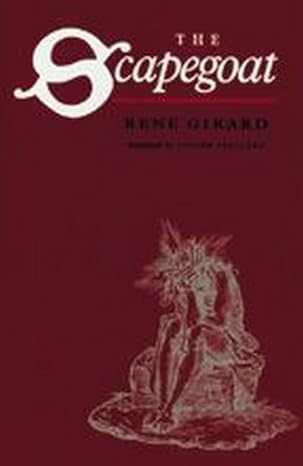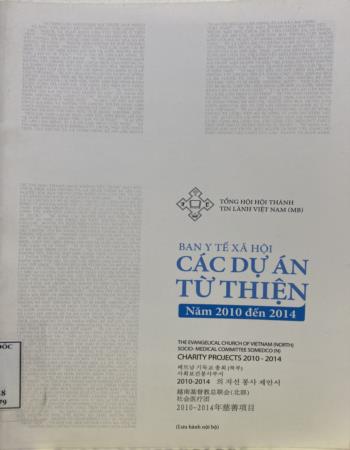
| Tác giả | : | Girard, René |
|---|---|---|
| Nơi xuất bản | : | U.S.A: Johns Hopkins University Press, 1986 |
| Thông tin trách nhiệm | : | René Girard, Yvonne Freccero |
| Mô tả vật lý | : | 216 pages 23 cm |
| Tóm tắt/ chú giải | : | In The Scapegoat, Girard applies his approach to "texts of persecution," documents that recount phenomena of collective violence from the standpoint of the persecutor -- documents such as the medieval poet Guillaume de Machaut's Judgement of the King of Navarre, which blames the Jews for the Black Death and describes their mass murder. Girard compares persecution texts with myths, most notably with the myth of Oedipus, and finds strikingly similar themes and structures. Could myths regularly conceal texts of persecution? Girard's answers lies in a study of the Christian Passion, which represents the same central event, the same collective violence, found in all mythology, but which is read from the point of view of the innocent victim. The Passion text provides the model interpretation that has enabled Western culture to demystify its own violence -- a demystification Girard now extends to mythology. Underlying Girard's daring textual hypothesis is a powerful theory of history and culture. Christ's rejection of all guilt breaks the mythic cycle of violence and the sacred. The scapegoat becomes the Lamb of God; "the foolish genesis of blood-stained idols and the false gods of superstition, politics, and ideologies" are revealed. |
| Đề mục | : | |
| Ngôn ngữ | : | Eng |
| DDC | : | 261.8 / G517-R40 |
| SĐKCB | : |
|
Sách cùng tác giả


Violence and the Sacred
U.S.A: The John Hopkins University Press, 1977


Job, the Victim of his People
U.S.A.: Stanford University Press, 1987


Things Hidden Since the Foundation of the World
U.S.A.: Stanford University, 1987





